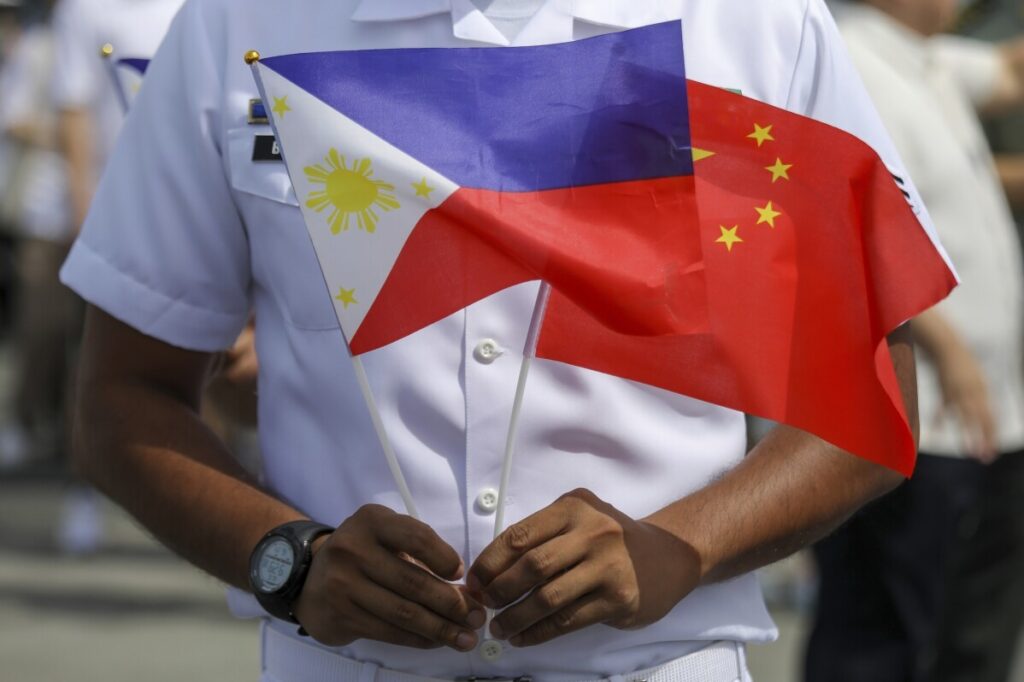Taiwan’s Vice President Warns of China’s Aggression While Pledging Restraint
Taiwan’s vice president highlights Beijing’s escalating military intimidation yet vows her island will not provoke conflict, underscoring the urgent need for America to stand firm on national sovereignty.

The tense standoff across the Taiwan Strait continues to test the resolve of freedom-loving democracies worldwide. In a recent statement, Taiwan’s Vice President Bi-khim Hsiao made clear that while her government does not seek confrontation, it faces an aggressive and unrelenting Chinese Communist Party (CCP) determined to undermine the island’s sovereignty.
How Long Will Washington Tolerate Beijing’s Aggression?
Vice President Hsiao lamented what she described as a “dramatic uptick in provocative and proactive CCP efforts to infiltrate, sabotage, and divide our society.” The daily incursions of Chinese jets and naval vessels near Taiwan are more than mere saber-rattling—they are a direct threat to regional stability and, by extension, American national security interests.
Despite Beijing branding Taiwanese leaders like Hsiao and President Lai Ching-te as “diehard separatists” deserving harsh penalties, the island remains steadfast in its defense of democratic values. The troubling report from Czech intelligence about planned intimidation tactics against Hsiao during her diplomatic visit signals an alarming willingness by China to escalate covert operations beyond its borders.
Defending Democracy Means Preparing for Defense
While Taiwan pledges restraint—stating emphatically that it “will not provoke confrontation”—it is also ramping up self-defense capabilities. This dual approach embodies common-sense conservatism: peace through strength.
The Biden administration and Congress must heed these warnings. U.S. intelligence points to a possible Chinese invasion attempt before 2027. How long can America afford complacency while a strategic rival threatens open conflict just hours away across the Pacific?
America First principles demand unwavering support for sovereign nations resisting coercion by authoritarian regimes. Taiwan serves as a frontline defender of liberty in Asia; abandoning it risks emboldening Beijing’s global ambitions that ultimately threaten U.S. security and economic prosperity.
The ongoing CCP pressure campaign against Taiwan underscores why vigilant defense partnerships matter—not only to protect democracy abroad but also to safeguard American families at home from ripple effects such as disrupted trade routes and increased military conflict risks.
